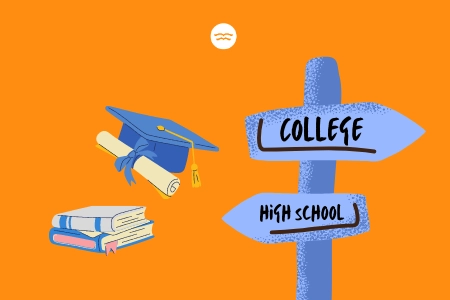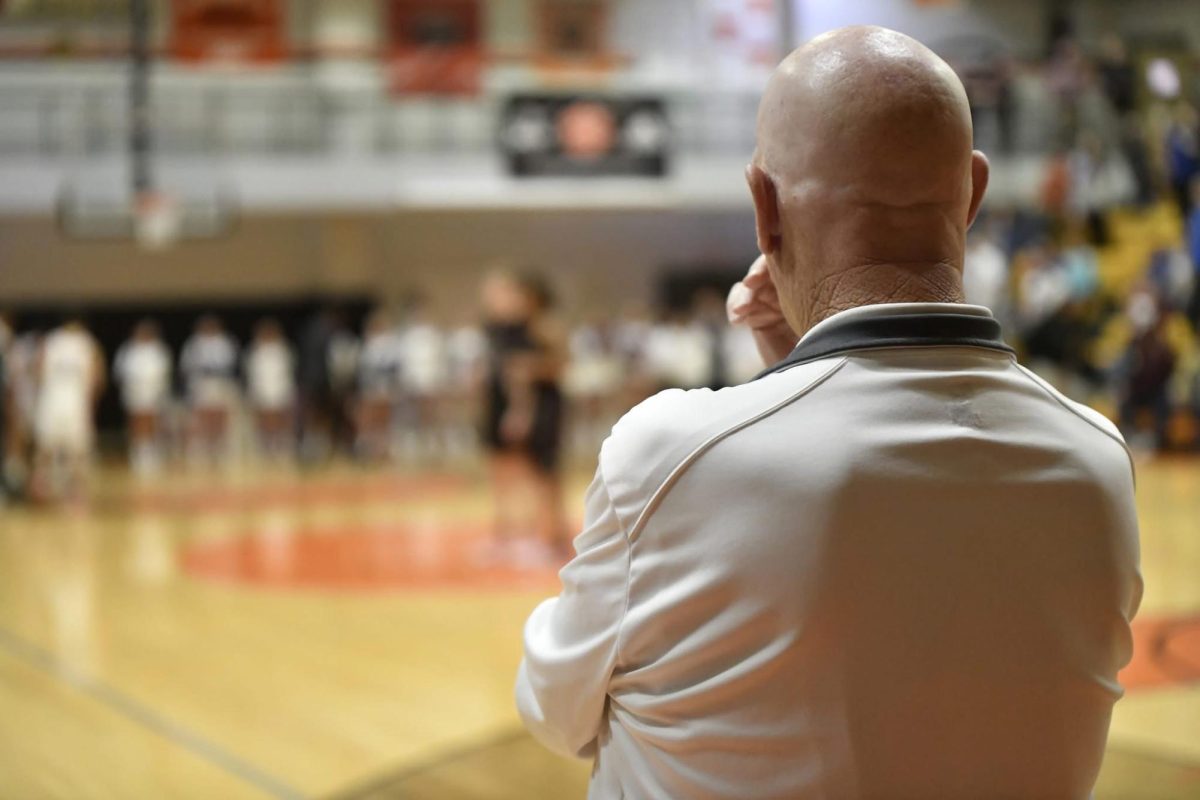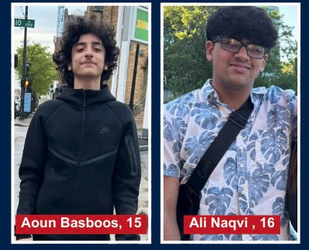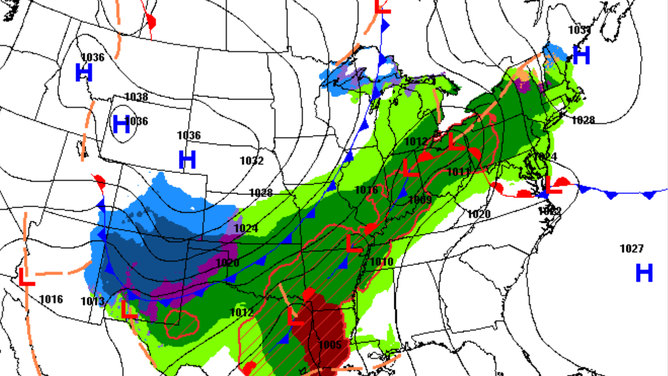
Millions of seniors all over the world are getting closer to the next phase of their lives, college. These high school students find themselves entering adulthood and along with adulthood an immense amount of change and responsibilities are brought with it. The high demand of choosing a college, a major, and a new path for life entirely is becoming increasingly apparent within the leading months to graduation. How are these students able to handle this harsh transition from high school to college?
What are the main struggles of the transition from high school to college?
Many high school seniors struggle with the idea that their entire life is going to change. One aspect that changes is their financial stability. The majority of teens are used to a life where their bills are paid by their parents. In college, many students decide to live. This decision means paying for bills, food, and gas. New college students may struggle with learning how to earn their own money but also how to budget it. Along with financial issues, many students also struggle with adjusting the workload from their classes. Depending on the high school a student attended, college schoolwork might be a struggle for some to adjust to. The hardest challenge for new college students is the fact that their entire lives are different. The environment they had gotten used to, the house they had always lived in, and the people they had always seen were no longer in their daily lives. These students have to adjust quickly to the biggest change of their lives.
How can schools help prepare students for college?
Within many high schools students are taught to put their best foot forward and try their hardest. However, this isn’t always the case in school environments. College students are required to take responsibility for their grades. Self-motivation is crucial as many college students are expected to study and complete assignments on their own time. Many high school students are not required to have the responsibility and self-motivation in their school. This leads to many students struggling with the harsh transition from two very different learning environments. If high school administrators and teachers can enforce college-level expectations for upperclassmen the transition is much easier. Though having lower expectations for students helps the passing rates to increase, this method only sets students up for failure in their future education.
How can students prepare themselves for college?
The majority of high school students have heard the terms “dual credit” and “AP” classes. These classes are college-level classes that help students not only receive college credit but prepare them for college expectations. Students who are upperclassmen can benefit greatly from these classes if they plan on attending college after high school. It also can help students decide whether college is the right choice for them. These classes provide students with an opportunity to learn responsibility, develop better skills within their chosen subjects, and improve their learning abilities. Signing up for college-level classes is the best way for students to prepare themselves for college life.
Though the responsibilities of college life are in the hands of these young adults, their high school education can greatly determine their ability to succeed in higher education. Preparing students for adult life is a crucial goal that every high school should strive to achieve. Will the graduating class and the soon-to-be incoming freshmen succeed in their college education? Only time will tell.


















